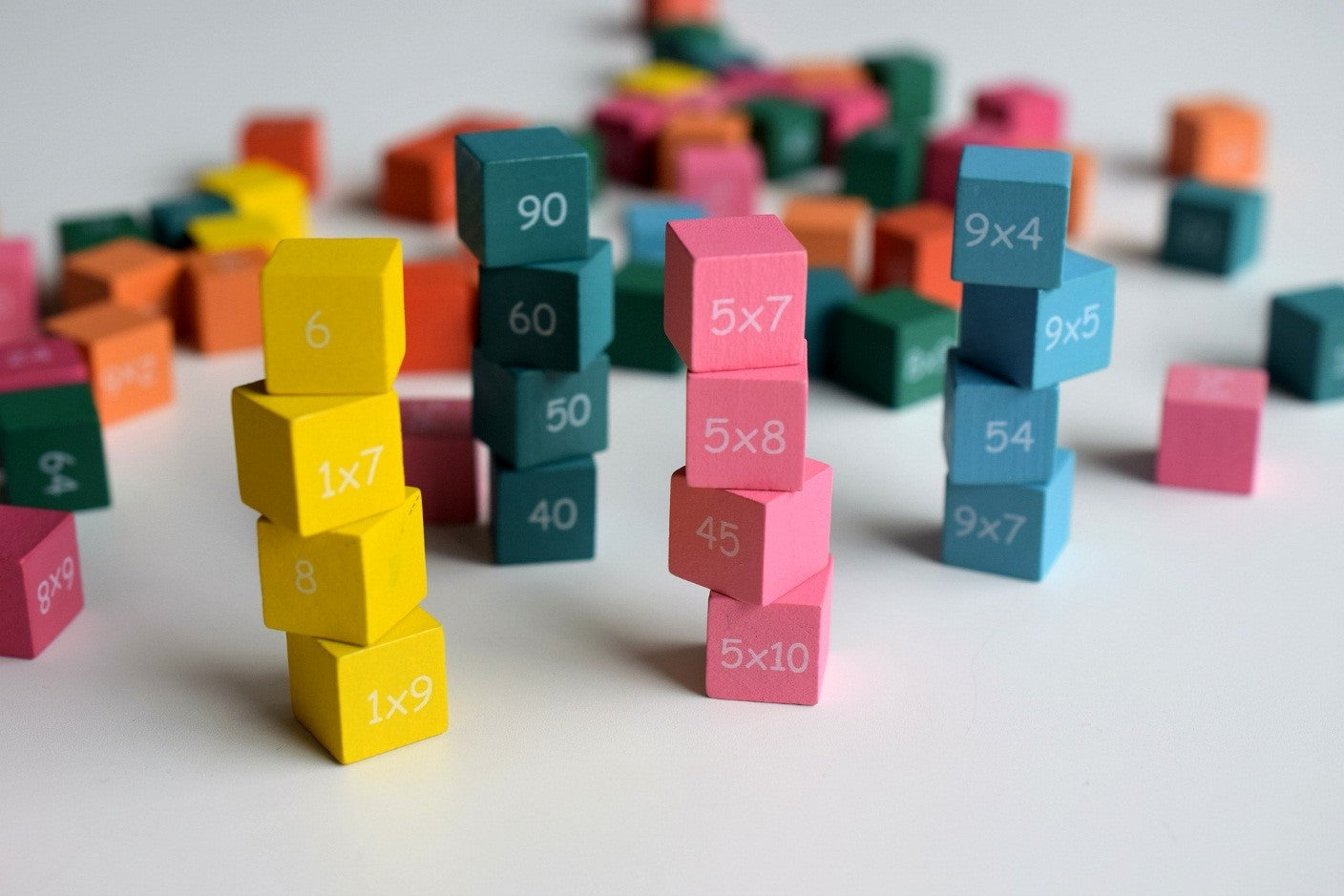Speed in mathematics
If the terms “Math Minute” make your child cringe, he is not alone. Timed math tests are 60 seconds of stress and anxiety for some students, resulting in a completely blank mind. They are embarrassed, upset, and frustrated as they watch their peers breeze through their worksheets, leaving them to wonder why they “just can’t remember” their math facts.
That anxiety quickly spreads from the Math Minute to their entire math period. And before you know it, a child who thought they were good at math is questioning their ability to keep up with the class.
However, in reality, speed is NOT a good indicator of math ability. In fact, some of the world’s most gifted mathematicians work at a very slow pace. In her working paper “Fluency Without Fear,” Jo Boaler, a professor at Stanford’s Graduate School of Education, claims that memorization of math facts actually inhibits the development of number sense, the key driver of math success.
For example, she claims that when asked to solve the problem 7 x 8, someone with number sense would be able to use a strategy such as multiplying 10 x 7 and subtracting two 7s instead of memorizing 56.
Key takeaway
Help students to think creatively about numbers. Break the numbers creatively to get the correct answer. This method, of course, appeals to students who enjoy numbers. It also appeals to students who struggle to remember math facts because they no longer have to. Teach them how to do math without using a calculator or memorizing math facts, and opens up new opportunities for them.
Memorization in mathematics
Some people also believe that Math is only about memorization. For generations, teachers and parents have taught math in the same way they learned it: by memorization, assisted by a wide range of flashcards and worksheets. Memorization is, without a doubt, a component of math learning. But that’s not the whole story, according to Bethany Rittle-Johnson, a psychology and human development professor.
According to her, when students learn math primarily through memorization, they miss out on developing critical thinking skills, which are essential for future math success. Students must be able to memorize a formula while also comprehending the concept behind it.
For example, Many textbooks do not define what the equals sign means. As a result, students take shortcuts such as adding all of the numbers together as soon as they see the character rather than understanding what it means, which is to have the same value on both sides of the equation. It is significant to comprehend that before you move on to more difficult math concepts.
In a Massachusetts school district, Rittle-Johnson is developing and testing an innovative toolkit for algebra teachers named Multiple Strategy Comparison and Explanation. This toolkit provides students with more than one strategy for solving a problem. More problem-solving options allow students to choose the one that works best for them and better understand how and why the strategies work.
When students are limited to one solution, they are only memorizing and not developing critical thinking skills. Keep the options open for them. Looking at multiple strategies not only enhances their mathematical skills but also improves their critical thinking – a valued skill in mathematics.
There are several myths associated with mathematics. Some people believe that mathematics does not involve any fun. It all depends upon the approach a child is taking to solve his or her mathematical equations. Ask the child to go easy and think of multiple creative ways to solve an equation.
Memorization matters but only to the level of formulas. The students can memorize the formulas that will be used in the questions but solving a mathematical equation is linked with understanding rather than memorization.
Kids need to develop a strong understanding to perform well in mathematics exams and assessments. Memorization is only a means to be good at mathematics. It is not the sole indicator to measure the child’s performance in mathematics.
Instead of memorizing, explain to the students to try to understand the concept so that they can link it with their past and future learning and that is exactly how the performance in mathematics can be improved.



0 Comments